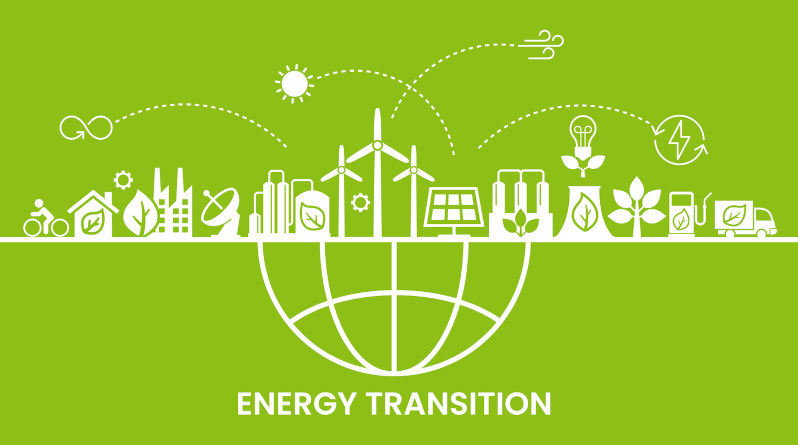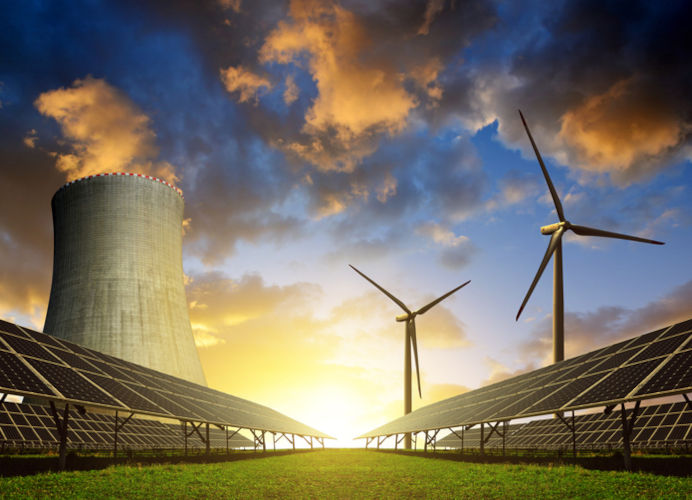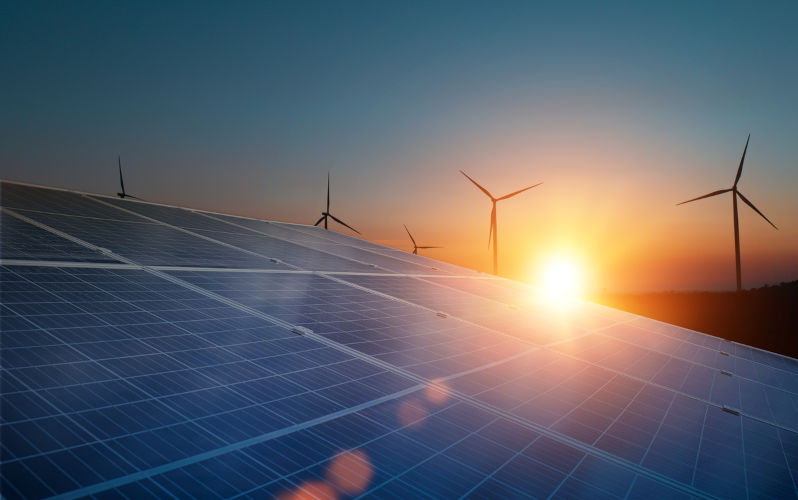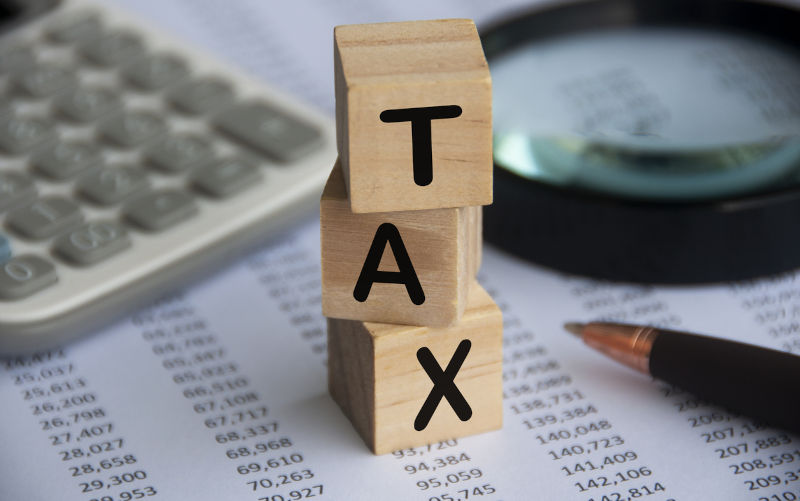Ross's recent articles

14 May 2025
After the 2025 election: Energy transition and restoration of Australian growth
An historic election Australia has had insecure governments looking over their shoulders at political threat for one and a half decades. None of the Gillard, Abbott, Turnbull, Morrison and first term Albanese Governments had substantial majorities in the House of Representatives. None ever stood so high in electoral standing that it felt able to take the risk of implementing policy reform in the public interest that could be distorted for their opposition’s political benefit. None had a chance to develop policies in the national interest that take years to mature and to win broadly based electoral support.

3 March 2025
Garnaut: The renewables boom within our reach
Donald Trump might be a speed hump on the road to net zero, but the business and climate case for renewables leaves Australia in the box seat to capitalise.

28 November 2024
Ending 'Dog Days' stagnant living standards
Over the past decade, Australia has endured its worst stagnation in living standards since the Great Depression of the 1930s, and has lost its way in terms of economic policies that can restore prosperity, says Ross Garnaut in conversation with Michael Lester.

25 October 2024
Let’s tax carbon: Why the time is right for a second shot at carbon pricing
Australia now has a government and parliament wanting timely transition to net zero. We have a government and parliament wanting to build Australia as the renewable energy superpower of the zero-carbon world economy. For the time being, we have favourable international settings for using our opportunity.

17 September 2023
Australia: Made for free trade and a tax on rent
There is no more important issue in Australian taxation reform than replacing current arrangements by efficient mineral rent taxation. That requires large analytic effort and effective political leadership. Success would bring high rewards to the Australian polity, and I expect electoral rewards to the Government that is seen as being responsible for a good outcome.
7 November 2019
Australia could fall apart under climate change. But there’s a way to avoid it (The Conversation, 06 November 2019)
Four years ago in December 2015, every member of the United Nations met in Paris and agreed to hold global temperature increases to 2°C, and as close as possible to 1.5°C. The bad news is that four years on the best we can hope for is holding global increases to about 1.75°C. We can only do that if the world moves decisively towards zero net emissions by the middle of the century.
9 October 2018
ROSS GARNAUT. Where Australia's at 10 years after climate change review. (AFR 8.10.2018)
Energy costs will be lower if there is more investment in renewables capacity.
24 July 2018
The future of Chinese economic growth
At any level of development in any country, but especially from upper-middle incomes, growth momentum can be broken by adverse developments of several kinds.
8 November 2016
ROSS GARNAUT. Capitalism, Socialism and Democracy. Part 2.
The Challenge of Globalisation. This is the second of a two-part series of extracts from an address which Professor Ross Garnaut gave to the Sydney Democracy Network, University of Sydney, 7 September 2016. The full text of his address can be found on his website. PART 2. RESPONDING TO THE CHALLENGES OF GLOBALISATION. Democratic capitalism’s return to success depends on reconciling concerns for ordinary citizens’ standards of living with the demands of globalisation. A global economy would work better with global governance. However, there is little tolerance for international governance in contemporary democratic polities. There are some real...
7 November 2016
ROSS GARNAUT. Capitalism, Socialism and Democracy. Part 1.
The Challenge of Globalisation. I will be posting in two parts, extracts from an address which Professor Ross Garnaut gave to the Sydney Democracy Network, University of Sydney, 7 September 2016. the full text of his address can be found on his website: https://blogs.unimelb.edu.au/rossgarnaut/files/2015/12/Garnaut_CapitalismSocialismDemocracy_070916_3-2ei70mk.pdf PART 1. THE PROBLEMS WE FACE WITH GLOBALISATION In the twenty first century, modern economic growth is raising incomes in the new participants—most of the world’s people—most emphatically in China and other countries which have passed the turning point in economic development. At the same time, it is placing downward pressure on living standards...
8 October 2016
ROSS GARNAUT. The economics of the future energy system.
How can we provide a high degree of energy security in Australia at the lowest possible cost, while contributing our fair share to the global effort to contain the costs of climate change? I take as my starting point Prime Minister Turnbull’s admonition that we put ideology aside as we seek answers to this question.
12 July 2016
ROSS GARNAUT. China's new normal inches on.
China is undergoing profound changes in its economic policy and structure. These changes represent a new model of Chinese economic growth. The recent Five Year Plan (FYP) is an evolutionary document. Building on earlier official statements on the new model of growth, it provides the most elaborate statement to date on the model’s content and implementation.
10 June 2015
Ross Garnaut. Australian Climate Change Policy
Policy Series I once called climate change policy diabolical, but with a saving grace (Garnaut 2008). It is diabolical because of the overlapping of four complex issues. While there is high scientific confidence that human action causes warming and that, beyond some limit, warming damages many aspects of human life, perhaps catastrophically, there is uncertainty about the precise consequences. The costs of effective action come now and the benefits much later. Avoidance of dangerous outcomes requires parallel action in all of the larger countries. And effective action is politically difficult because it confronts the interests of large corporations which...
